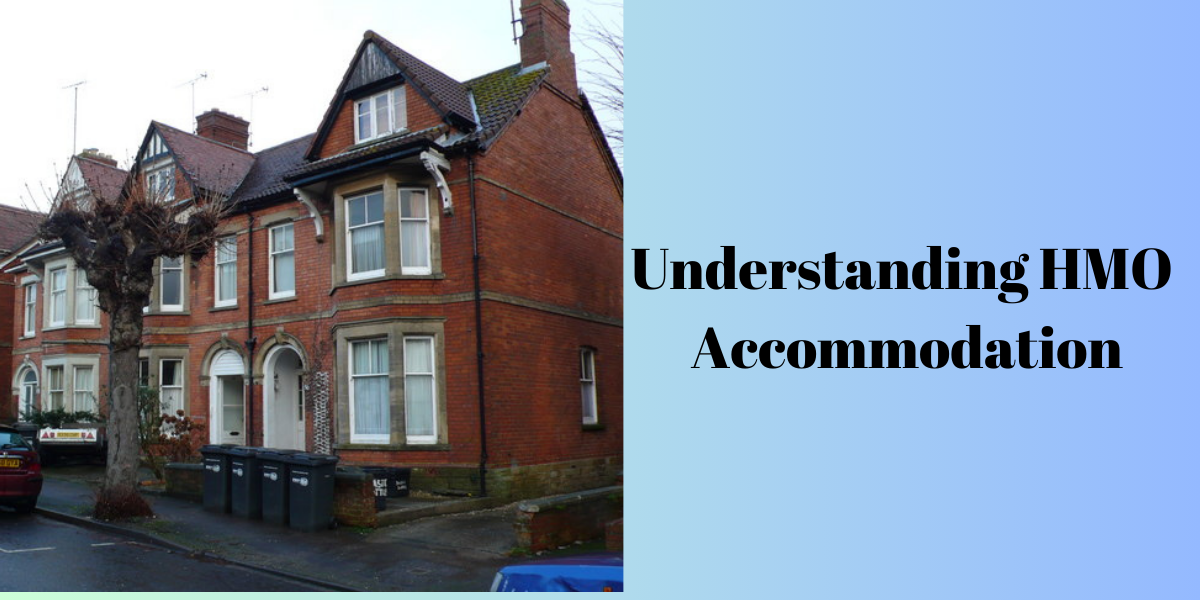It can be difficult to figure out how much Housing Benefit you can get. You can use the Turn2us Benefits Calculator, and it will tell you how much Housing Benefit you might get.
Get benefits like Income Support, income-related Employment and Support Allowance (ESA), income-based Jobseeker’s Allowance (JSA), or the guarantee part of Pension Credit. You will get the most Housing Benefits possible. But this might only cover some of your rent.
Even if you have a job, you could still get some Housing Benefits to help with your rent. It depends on how much money you make, your savings, and your personal situation.
Contents
How much Housing Benefit will I get?
When determining your Housing Benefit, they consider how many bedrooms your household needs. Here is how it works:
- One bedroom for each adult couple.
- One bedroom for each person over 16.
- One bedroom for two kids of the same sex under 16.
- One bedroom for two kids under 10, no matter their gender.
- One bedroom for any other child.
- One bedroom for an overnight carer you need, even if they don’t usually live with you.
For private tenants, there is an extra rule. If you’re under 35 and don’t have kids, you’re usually allowed only one bedroom in shared housing, not a whole one-bedroom place.
Also Read: Nest Pension: Benefits and How to Apply
Additional Bedrooms Allowance
Some specific households can have an extra bedroom according to the size criteria rules:
- Foster Carers: If they’ve taken in a child in the past 12 months or are registered as a carer.
- Parents of Armed Forces Personnel: When their child is away on duty, their room isn’t considered ‘extra’ if they plan to return to it.
- Parents of a Disabled Child: If their child receives middle or high rate care component of Disability Living Allowance (DLA) and cannot share a room with a sibling, as would be expected under normal size criteria rules.
Private Tenants
- If you rent privately and you’ve either made a new claim or moved after 7 April 2008, the amount of rent covered by Housing Benefit is limited by the Local Housing Allowance (LHA).
- Your LHA rate depends on rental prices and the property size you’re allowed. This might mean Housing Benefit will only cover some of your rent if it is seen as too pricey.
- You can check your Local Housing Allowance on the LHA Direct website for private tenants.
- Use the Turn2us Benefits Calculator to determine how much Housing Benefit you might get.
If you and your partner are under 66 and move to a new local area, you might lose Housing Benefits. In that case, you’d need to apply for Universal Credit to help with your housing costs. Check how this change affects you with our benefits calculator.
Social Tenants
Suppose you rent from a social housing landlord like the council or a housing association, and you’re under 66. In that case, your Housing Benefit is independent of rental prices in your area. Instead, it might decrease if you have more bedrooms than you need. This is called the ‘Social Sector Size Criteria,’ also known as the ‘Bedroom Tax.’
If your home is considered too big for you, the rent amount used for your Housing Benefit calculation will be reduced by:
- 14% if you have one extra bedroom.
- 25% if you have two or more extra bedrooms.
- If you’re over 66, this size criteria doesn’t affect your Housing Benefit.
If you’re in a Sanctuary Scheme due to domestic violence, you’re exempt from the bedroom tax.
Important Links
Deductions for Other Adults
If other adults live with you who aren’t your partner and don’t have to pay rent, they might be seen as your non-dependent. This means your Housing Benefit could be reduced because this person is expected to chip in for the rent.
You won’t see a reduction in your Housing Benefit for a non-dependent if:
- You (or your partner) are certified blind or severely sight impaired.
- You (or your partner) receive Attendance Allowance, the daily living part of Personal Independence Payment (PIP), the care part of Disability Living Allowance (DLA), or Armed Forces Independence Payment (AFIP).
How You Get Housing Benefit?
If you’re a council tenant, Housing Benefit won’t be given directly to you. Instead, it will be deducted from your rent, so you pay less or no rent yourself.
For private landlords, the money will go straight into your bank or building society. If you can’t manage one of these accounts, it might go through the Payment Exception Service. In some cases, the council can pay your landlord directly.
Housing Benefit is usually paid after the fact, whether weekly, every two weeks, four weeks, or monthly. The timing depends on when your rent usually is due.
Also Read: The Best Benefits for Pensioners and the Over 60s

I am a passionate technology and business enthusiast, constantly exploring the intersection where innovation meets entrepreneurship. With a keen eye for emerging trends and a deep understanding of market dynamics, I provide insightful analysis and commentary on the latest advancements shaping the tech industry.
















